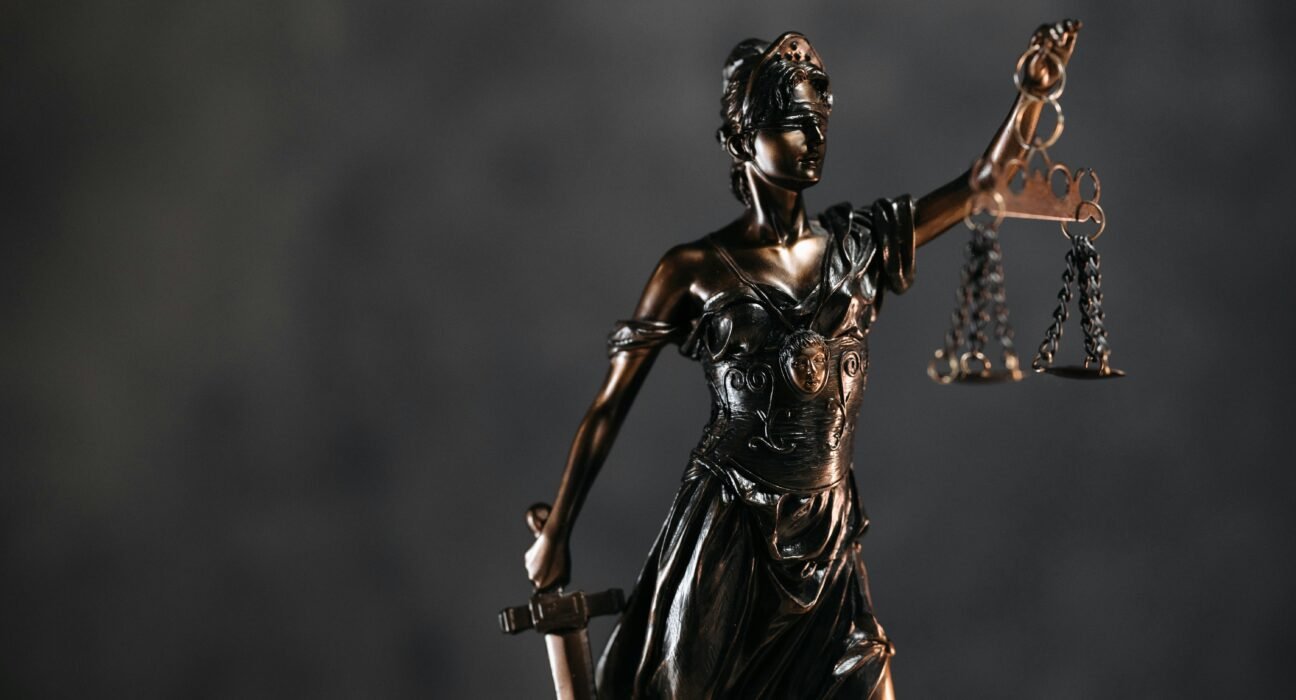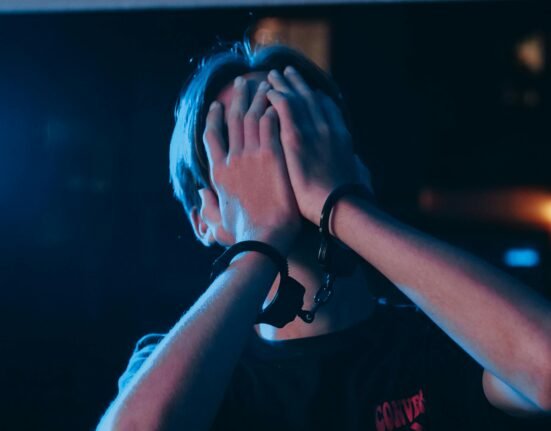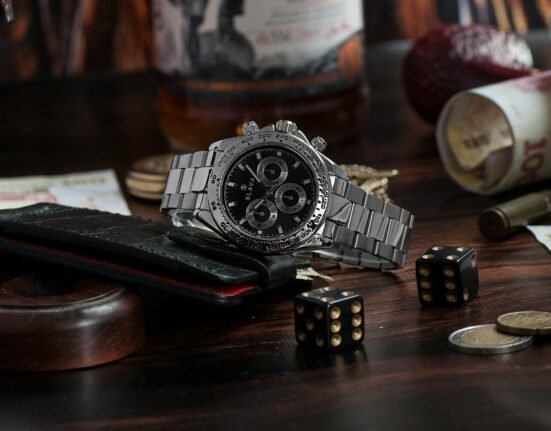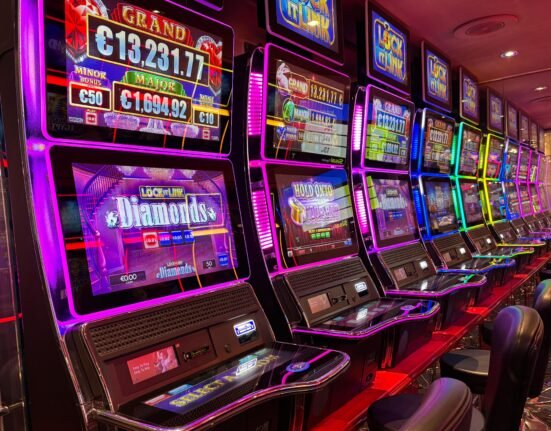Association defends regulated market practices and calls claims of deceptive advertising unfounded
ANJL Rejects Allegations of Negligence in Gambling Harm Prevention
The National Association of Games and Lotteries (ANJL) has issued a firm rebuttal to a high-profile lawsuit filed by the Rio de Janeiro Public Defender’s Office (DPRJ). The legal action, which targets 43 licensed betting operators, alleges that the companies have failed to implement effective gambling harm mitigation strategies and have relied on misleading advertising tactics. The DPRJ is seeking BRL 300 million (approximately $53.9 million USD) in collective moral damages from these operators.
According to the suit, commonly used warnings such as “bet responsibly” are deemed insufficient and symbolic at best—purportedly shifting the burden of responsibility to consumers rather than ensuring adequate industry safeguards.
Industry Denies Wrongdoing, Cites Compliance and Collaborative Regulation
In response, the ANJL has dismissed the lawsuit as unfounded and misleading, asserting that it ignores substantial efforts by the regulated industry to ensure ethical marketing standards and responsible gambling frameworks. The association emphasized that all legitimate operators in Brazil comply with existing national advertising regulations and have contributed to their development.
Specifically, ANJL pointed to its role in drafting Annex “X” of the Brazilian Advertising Self-Regulation Code, introduced in 2024 under the supervision of Conar (National Council for Advertising Self-Regulation). This annex outlines strict guidelines on betting-related advertising, including prohibitions on targeting vulnerable individuals, minors, or promoting unrealistic winnings.
Legal Market vs. Illegal Operators: Drawing the Line
A central point in ANJL’s defense is the concern that conflating regulated operators with illegal gambling entities could undermine Brazil’s newly established legal betting framework. The association argues that the lawsuit’s rhetoric risks blurring that line, which is crucial for consumer protection and legal enforcement.
In its statement, ANJL declared:
“We will act in the proceedings to ensure that the distinction between legal and illegal is not erased by rhetoric disconnected from reality.”
The association has previously taken legal action of its own, notably clashing with the Association of Supermarkets earlier this year before ultimately withdrawing that suit. Now, ANJL finds itself once again in a legal tug-of-war, this time defending the very legitimacy of the ecosystem it helped to build.
Major Industry Names in the Spotlight
Prominent global brands such as bet365, Betfair, and Betano are among the 43 companies named in the DPRJ’s filing. These firms are widely recognized for their global compliance programs and responsible gaming initiatives, further complicating the lawsuit’s narrative that suggests widespread negligence.
While the lawsuit appears to be gaining public traction, industry insiders argue it could have unintended consequences if it results in regulatory overreach or chilling effects on advertising—especially when current practices are already governed by a self-regulatory code backed by major stakeholders.
Outlook: A Test for Brazil’s Evolving Gambling Framework
This legal standoff highlights the growing pains of Brazil’s emerging regulated gambling sector, which only recently established comprehensive laws for sports betting and igaming. As the market matures, the case could serve as a landmark test for how regulators, advocacy groups, and operators balance consumer protection with operational freedom.
Ultimately, ANJL’s pushback underscores a broader industry belief: responsibility is a shared duty, and the regulated sector should not be equated with unscrupulous actors operating outside of the law. The outcome of this case may very well shape the future of betting regulation in Brazil.























